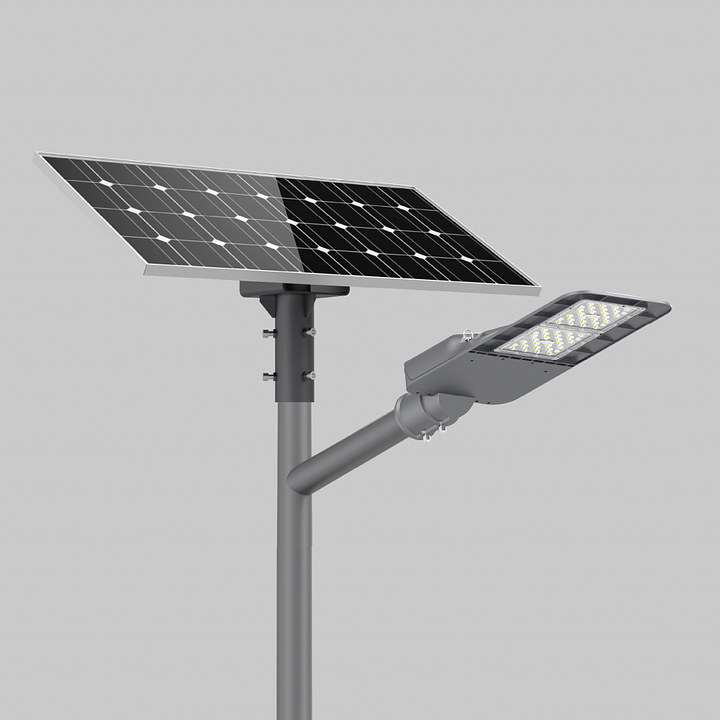Did you know that over 2.5 billion people worldwide lack access to reliable street lighting? This staggering statistic highlights the critical role solar street lamp suppliers play in enhancing public safety and energy efficiency. With a growing emphasis on sustainable solutions, understanding the legal regulations surrounding these suppliers is more important than ever.
The Role of Solar Street Lamp Suppliers in Compliance
Solar street lamp suppliers are not just providers of innovative lighting solutions; they also operate within a complex framework of laws and regulations designed to ensure safety, environmental protection, and fair trade practices. These companies must adhere to various standards set by local governments and international bodies regarding product quality, installation procedures, and maintenance protocols. Additionally, they face specific Monitoring and Reporting Requirements that mandate regular assessments of their products’ performance and compliance with environmental guidelines.
Diving Deeper: Light Fixture Factories & Their Regulatory Obligations
Light fixture factories play a crucial role in the supply chain for solar street lamps. They are responsible for manufacturing components that meet stringent regulatory standards concerning energy efficiency and sustainability. In terms of Monitoring and Reporting Requirements, these factories must maintain detailed records about production processes, waste management practices, and emissions levels. Regular audits are conducted to ensure compliance with both national laws as well as international agreements aimed at reducing carbon footprints.
Find more about light fixture factory.
A Closer Look at EXC Lighting’s Compliance Features
EXC Lighting stands out among its peers when it comes to adhering to Monitoring and Reporting Requirements due to several key characteristics:
- Comprehensive Documentation: EXC maintains meticulous records detailing every aspect of their production process from sourcing materials to final assembly.
- Sustainability Audits: The company conducts regular internal audits focused on sustainability metrics such as energy consumption during manufacturing.
- User Feedback Mechanisms: They actively seek customer feedback post-installation which helps them monitor product performance in real-world conditions.
- Crisis Management Plans: EXC has established protocols for addressing any potential non-compliance issues swiftly while ensuring transparency with stakeholders.
- Liaison with Regulatory Bodies: The company collaborates closely with government agencies to stay updated on changing regulations affecting their industry.
Your Takeaway: The Importance of Compliance in Solar Street Lamp Supply Chains

The landscape surrounding solar street lamp suppliers is intricate yet vital for fostering innovation while ensuring public safety through adherence to legal frameworks like Monitoring and Reporting Requirements. By understanding these aspects — whether you’re an industry professional or simply curious — you can appreciate how essential compliance is not only for business success but also for contributing positively towards our environment!



Leave a Reply